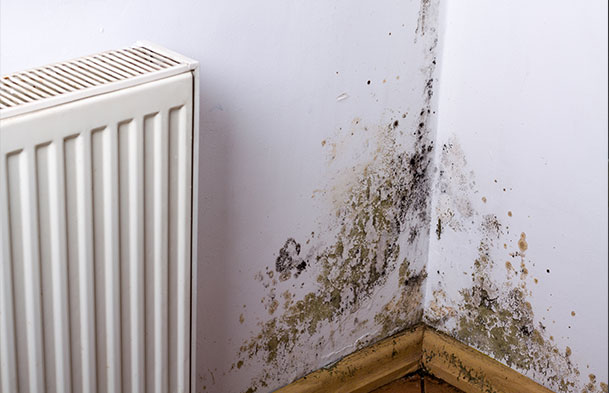Housing Disrepair
Is your rented property in need of repair?
Landlords are required by law to ensure that your property is kept in good repair. When this does not happen, we may be able to help by taking action on your behalf under Section 11 of the Landlord and Tenant Act 1985. The Act covers all shorthold and secure tenancies, whether the property is owned by a social landlord i.e. Local Authorities and Housing Associations, or a private landlord, which could be an individual landlord or a company.
If you have suffered any inconvenience, injury or illness as a result of disrepair, Paul Rooney Solicitors will work hard to help you receive the maximum compensation as well as making sure the repairs to the property are completed.
In order to make a claim for housing disrepair, we will look to establish the specific terms and conditions of your Tenancy Agreement. Following a review of the agreement, there may be some other landlord obligations that may assist in deciding to what extent your landlord is liable for the disrepair to your property.
Main types of common housing disrepair claims:
The most common types of housing disrepair claims can include compensation claims relating to:
- Health issues. If you have suffered any health related issues as a result of any disrepair within the home
- General Inconvenience. If some or most of your house is inhabitable due to the level of disrepair this may be classed as a general inconvenience
- Household belongings damage. If some of your belongings i.e. clothing, bedding, rugs etc. are damaged due to any disrepair, or if any of your items are damaged during any repairs being made, these may also be included
Typical examples of items of disrepair
- Cracks to the external walls – allowing damp or cold air to ingress
- Rotten window or door frames – causing water ingress or wood lice infestation
- Internal walls plaster – severely cracked and loose
- Broken & faulty gas boilers – lack of heating or in dangerous conditions
- Leaking pipes – staining on ceilings and walls
- Rotting floorboards – smelly and dangerous to walk on
- Faulty electrics – dangerous
- Loose slate/tiles on roof – water and draught ingress and/or damp patches
- Sanitary fixtures cracked and broken – unfit for use and possibly unhygienic
- Vermin – such as mice or rats
How can we help?
Landlord’s are required by law to ensure that your property is kept in good repair. Where this does not happen we would;
- Collect the facts about the disrepair and consider your tenancy agreement
- Do an initial assessment of your case
- Instruct a professional surveyor to complete a report identifying repairs
- Request the landlord to complete repairs within an agreed timeframe
- Consider an injury or ill-health suffered as a result of the disrepair
- Consider any other losses such as damage to clothes, carpets, furniture etc
- Try to negotiate early settlement of your claim, without Court action
- Explain Court process and issue proceedings , if necessary
Next steps
If you think you have housing disrepair issues that your Landlord should have rectified, call to see how we can assist you with making a claim or for more details go to our housing disrepair site www.tenants-champion.co.uk




















